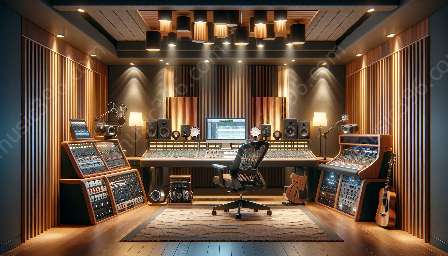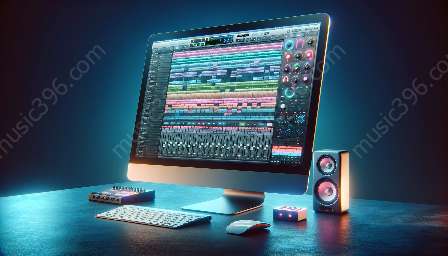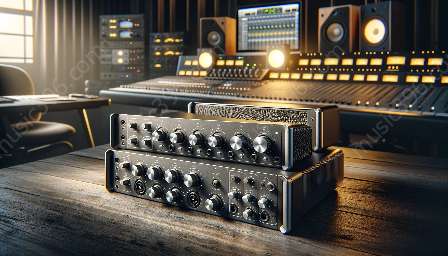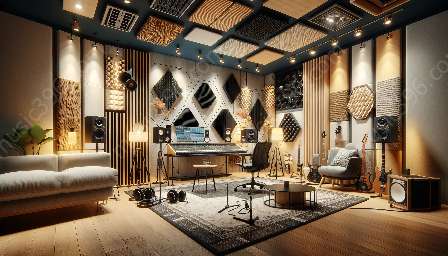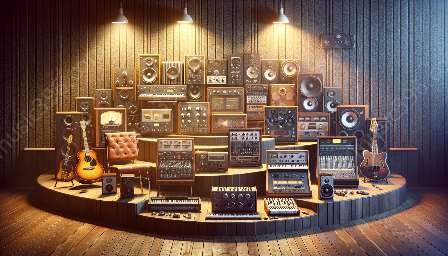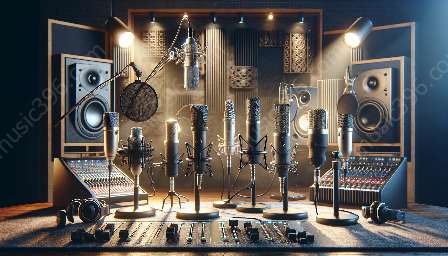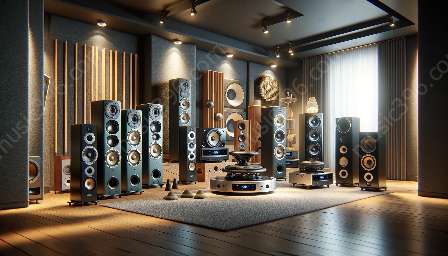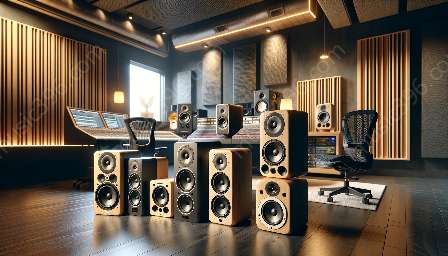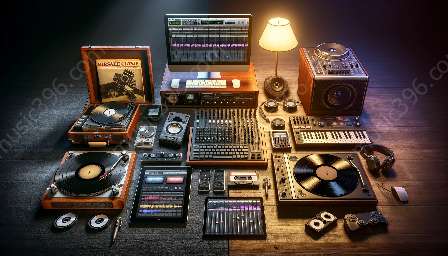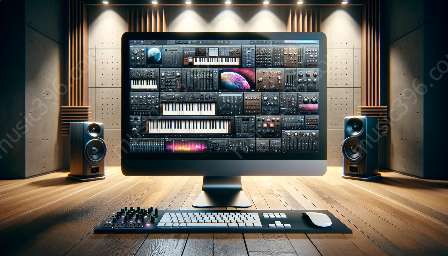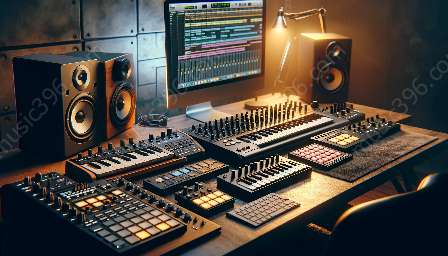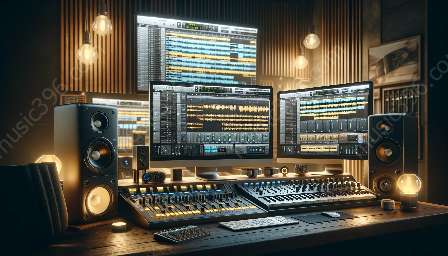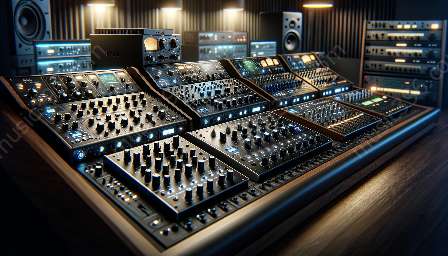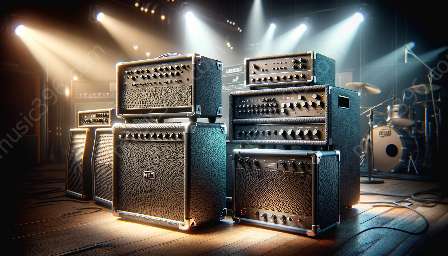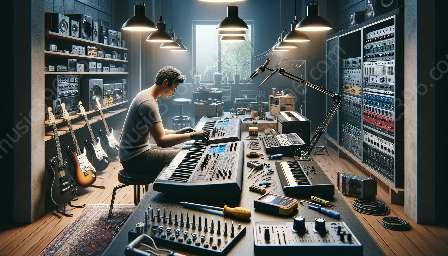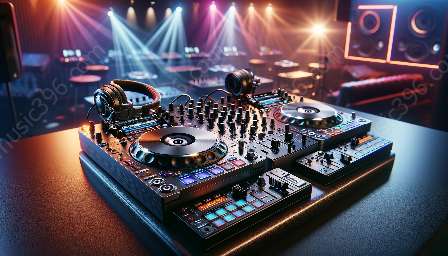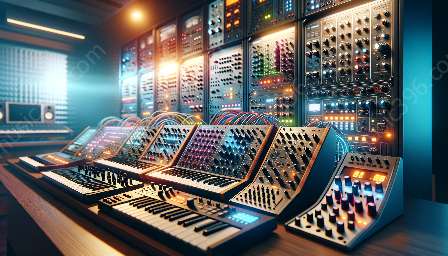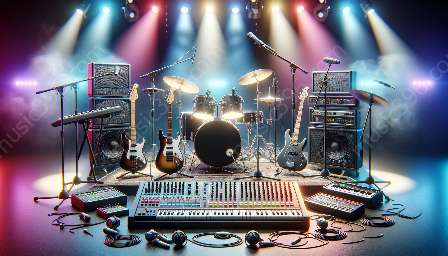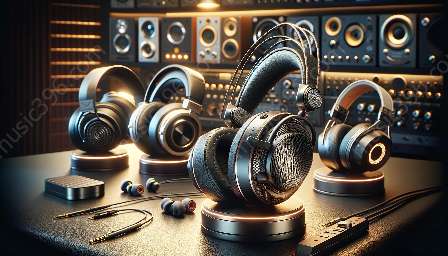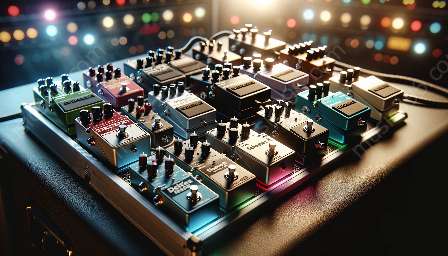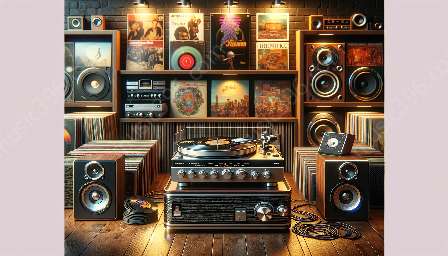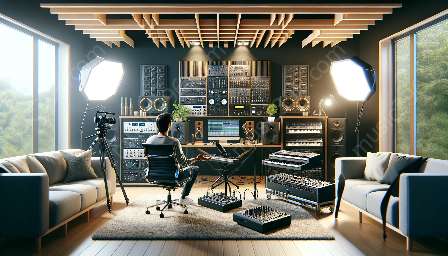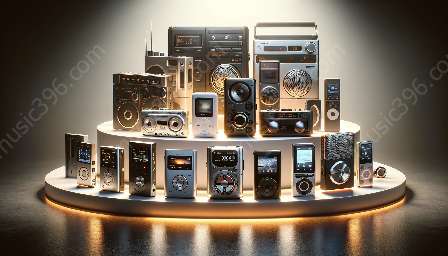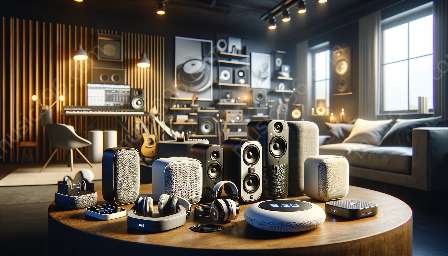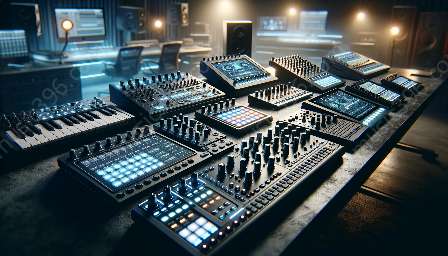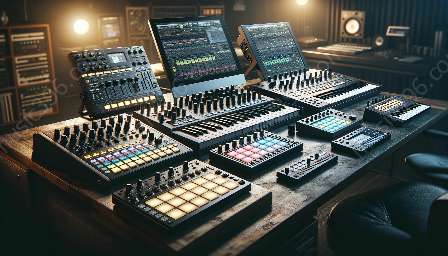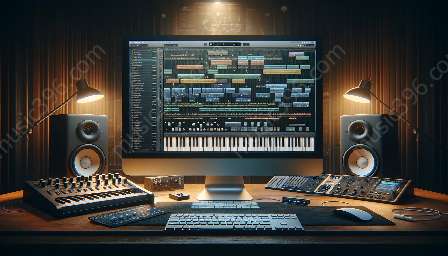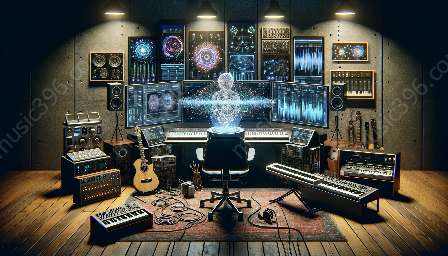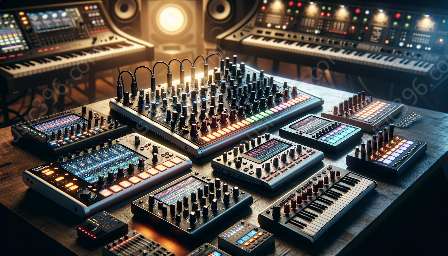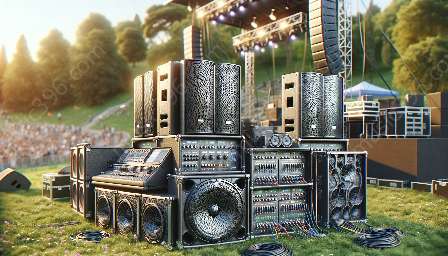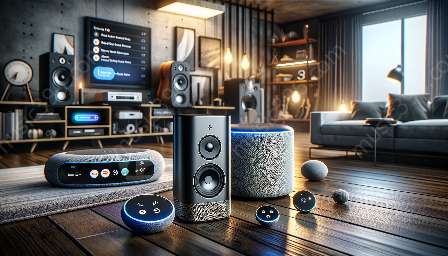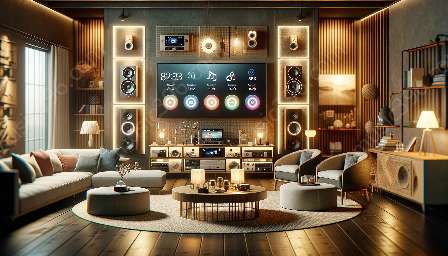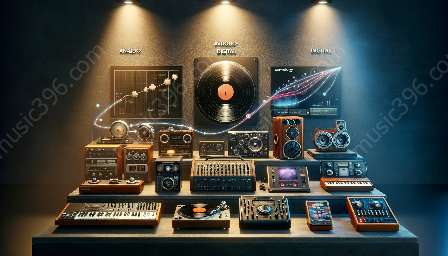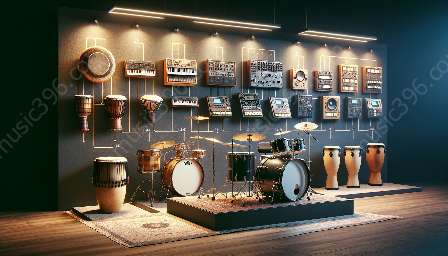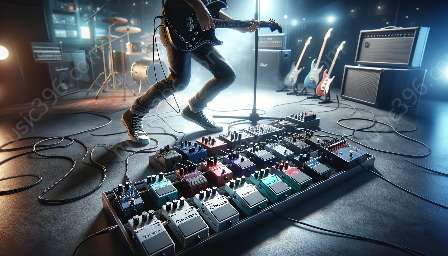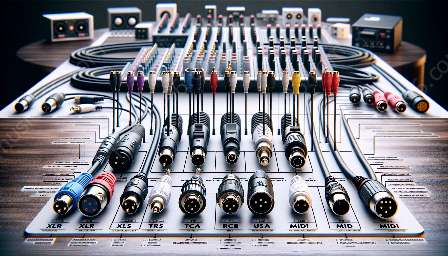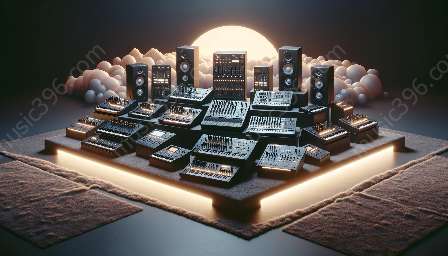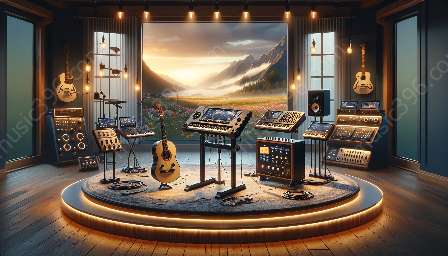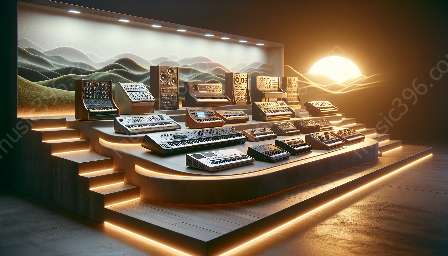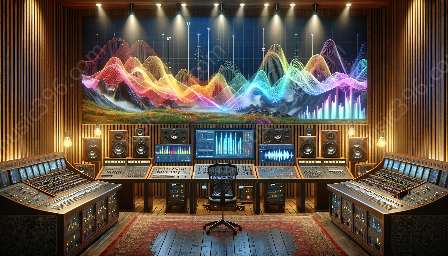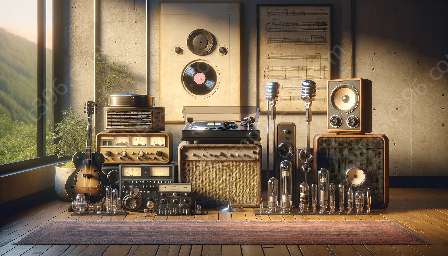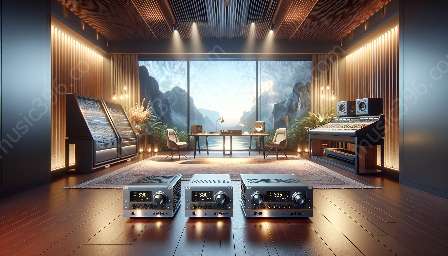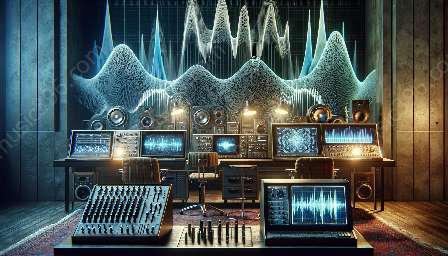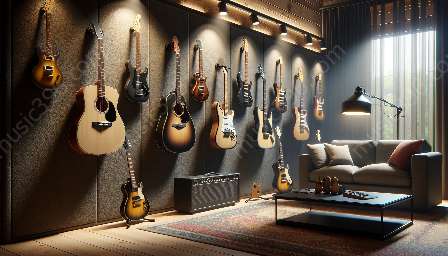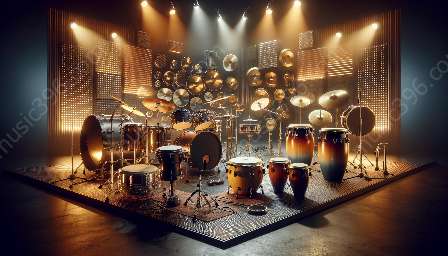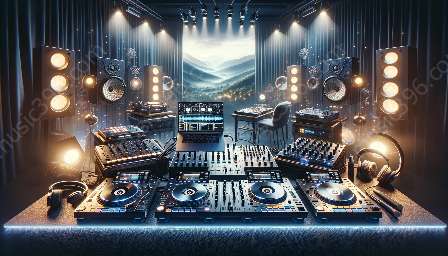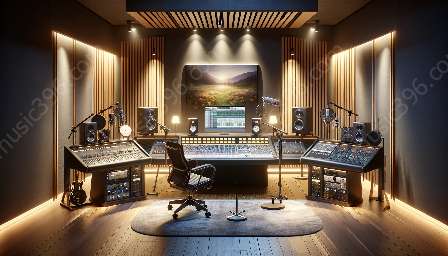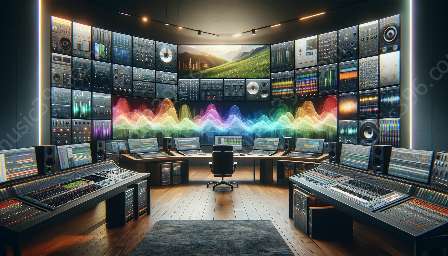Power conditioners play a crucial role in maintaining the quality and reliability of electrical power supplied to music equipment and technology. Understanding the types of power conditioners, their differences, and applications in the context of music is vital for ensuring optimal performance and longevity of the gear.
Differences in Types of Power Conditioners
1. Line Conditioners: Line conditioners are designed to address issues related to voltage fluctuations, line noise, and other disturbances in the electrical supply. They often include surge protection and noise filtering capabilities to ensure consistent and clean power delivery to music equipment.
2. Voltage Regulators: Voltage regulators are focused on maintaining a stable output voltage regardless of input variations. They are particularly beneficial in regions with unstable power grids, where fluctuations in voltage levels can pose a risk to sensitive electronic devices used in music production.
3. Uninterruptible Power Supplies (UPS): UPS systems provide backup power in the event of a complete power outage or sudden voltage drop. They are essential for preventing data loss and equipment damage during unexpected power disruptions, offering valuable protection to music technology and recording systems.
Applications in Music Equipment & Technology
When it comes to music equipment and technology, power conditioners can have a significant impact on performance and overall reliability. Here's how different types of power conditioners are commonly used:
1. Recording Studios:
Recording studios rely on stable and clean power to ensure the accuracy and fidelity of audio recordings. Line conditioners with noise filtering capabilities are often employed to eliminate electrical interference and ensure pristine sound quality during recording sessions.
2. Live Sound Systems:
Live sound setups, including PA systems and stage equipment, are susceptible to power fluctuations and interference, especially in outdoor or large venue settings. Voltage regulators play a crucial role in stabilizing the power supply to avoid potential damage to amplifiers, mixers, and speakers.
3. Instrumentation & Synthesizers:
Musical instruments, synthesizers, and electronic music gear require stable power sources to operate consistently and avoid signal degradation. UPS systems can safeguard these devices by providing backup power during blackouts and unexpected power disturbances.
Conclusion
By understanding the differences and applications of various types of power conditioners, music professionals and enthusiasts can make informed decisions to protect their valuable equipment and ensure optimal performance. Investing in the right power conditioning solutions can contribute to enhanced reliability, improved audio quality, and the longevity of music technology and gear.

